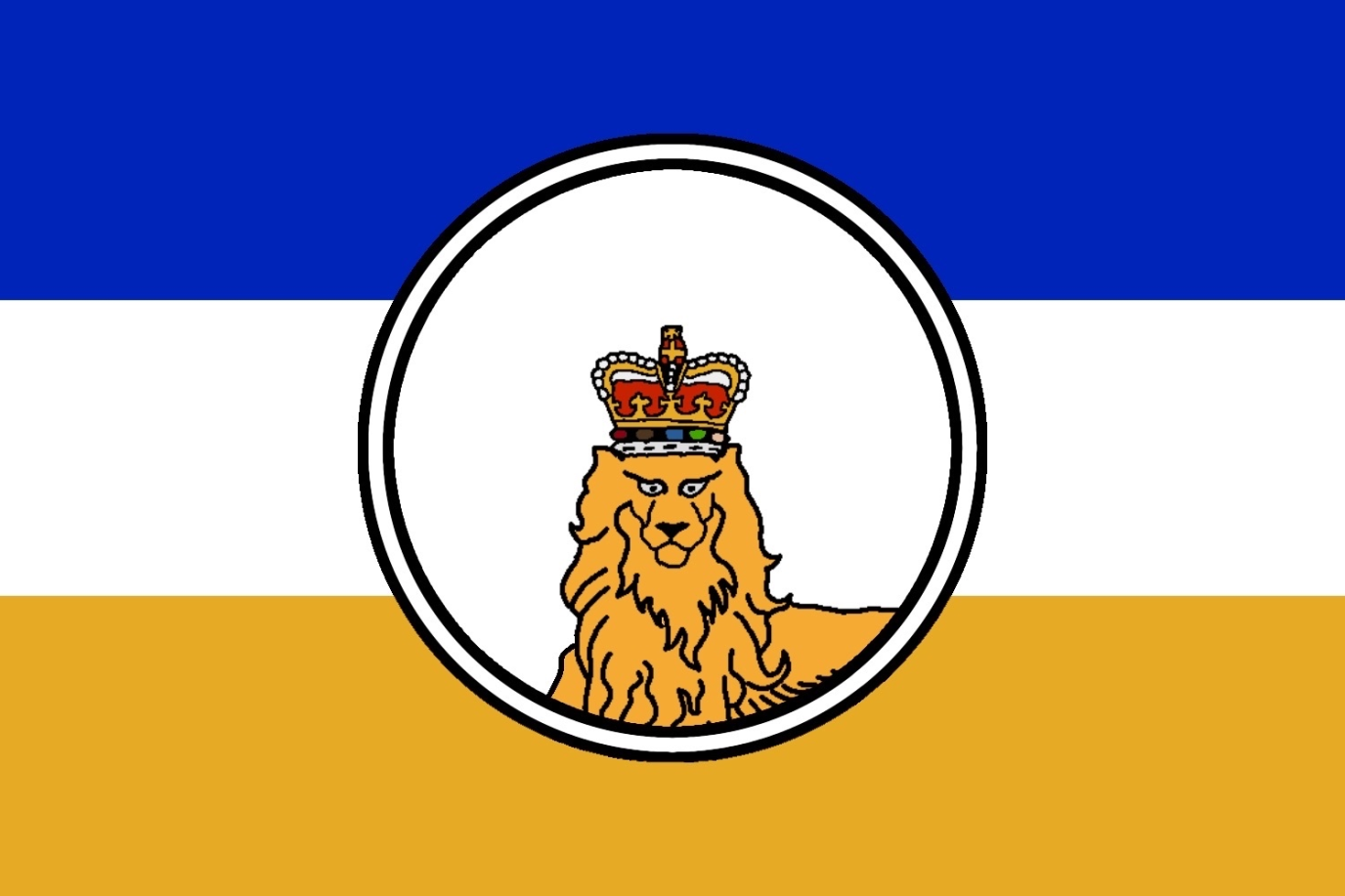Courts Act
Date Enacted: Sept. 21, 1800
Parliament Number: 1
Commons Vote: 4 Ayes, 0 Nays, 0 Abstentions
Lords Vote: 3 Ayes, 0 Nays, 0 Abstentions
Author: Tobias, Altgraf von Salm
Preamble
We, Pigeon the First, by the grace of Gods King of Hollow, First among the Noble Equals, Duke of the Remaining Royal Provinces, the Lord-Mayor of the City of Hollow, the Most Excellent, the Most Just, the Defender of the One True Faith, Subservient only to the True Holy Gods, in agreement with Our Parliament, deem it proper to issue the following law:
Article I - Hollowest Court
§1. The Hollowest Court (hereinafter “Court”) is set up for the whole Kingdom to decide on matters of constitutional importance, appeals from the Inferior Courts, conflicts of competence and in contentious matters of public and private law.
- §1.1. The Court is also the highest court of honour, the sole court in all matters of the royal household, and, by dispensation of the Crown, the voluntary sole court for certain nobility.
- §1.2. The Court also decides on accusations against members of the Government, members of the House of Lords and House of Commons, and conspiracies and assassination attempts against the Sovereign, Heir or Regent and in cases of high and state treason
§2. The Court is a core part of the House of Lords. The Lords of Justice shall be no more than 3, selected by the Sovereign for their duration in the House of Lords; at least one of the Lords of Justice shall at all times be a peer without life tenure chosen on advice of the Prime Minister and the Commons.
§3. The Crown shall choose at their convenience from the Lords of Justice a Prince who shall preside over the Court and be the supreme officer of the Inferior Courts. The Prince of Justice may institute rules in the interest of justice and the realm.
Article II - Inferior Courts
§1. In all matters not excluded, the courts of the realm have jurisdiction over civil and criminal matters.
§2. The courts of the realm are the Inferior Courts. Judges of the Inferior Courts are appointed by the Crown on advice of the Prime Minister and the Commons.
- §2.1. The Inferior Court is one of the Inferior Courts. It has general jurisdiction over all matters not under another of the Inferior Courts
- §2.2. The Inferior Collegium is an Inferior Court with general jurisdiction over the nobility and officers of the military and border regiments.
Article III - Authorization
§1. The Prime Minister or authorized member of Government shall ensure the existence of the Judge, Lord of Justice, and Prince of Justice roles with appropriate permissions. The Prince of Justice may establish and maintain channels for the courts as needed in the interest of justice.
